
Similar Posts
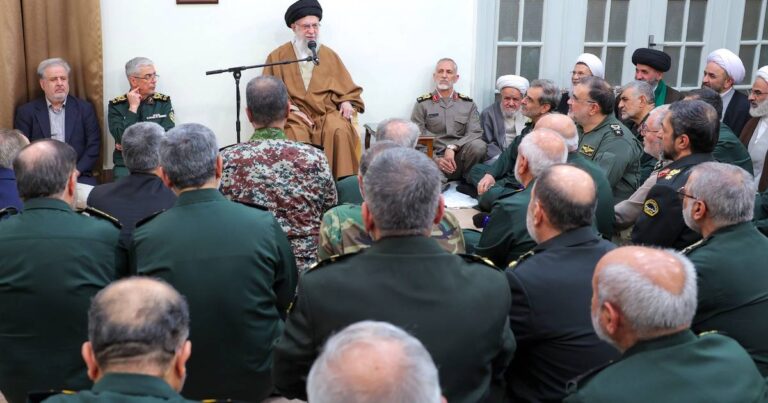
Iran Aims for ‘Controlled Narrative’ on US Talks to Shape Domestic Perception
Iran’s diplomatic strategy regarding ongoing negotiations with the U.S. revolves around managing public perception and controlling narratives. Recent statements from Iranian officials, including Foreign Minister Abbas Araghchi’s withdrawal from a Carnegie Endowment meeting, reflect a desire to avoid public scrutiny. Araghchi criticized “special interest groups” for attempting to influence negotiations and emphasized that Iran’s main goal is lifting sanctions. Meanwhile, Iranian officials aim to present a dominant narrative post-talks, despite contradictory claims about transparency. This strategic approach seeks to bolster Iran’s negotiating position while navigating complex international dynamics, balancing secrecy with national interests.
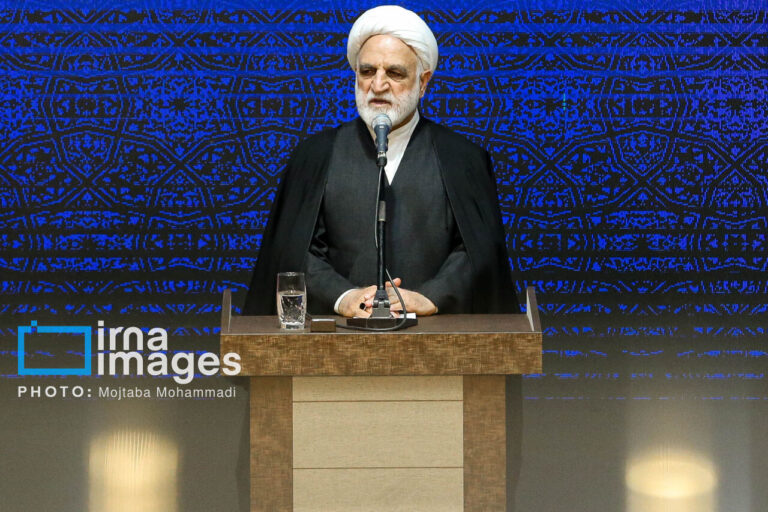
Iran’s Judiciary Chief Declares: Islamic Revolution Shatters the Grandeur of Arrogant Powers
Iran’s Judiciary Chief, Gholam-Hossein Mohseni-Ejei, recently underscored the lasting strength of the Islamic Republic, asserting that the Islamic Revolution has reduced the influence of foreign powers over the past 40 years. During a visit to Imam Khomeini’s mausoleum, he emphasized the nation’s sovereignty and the failure of adversaries to disrupt Iran’s progress. Mohseni-Ejei pointed out that external attempts to undermine the Islamic Republic have largely failed, and he noted the resilience of the Iranian people in defending their revolution. His remarks reflect a broader commitment to the values established by Iran’s late founder during the 46th anniversary celebrations of the revolution.
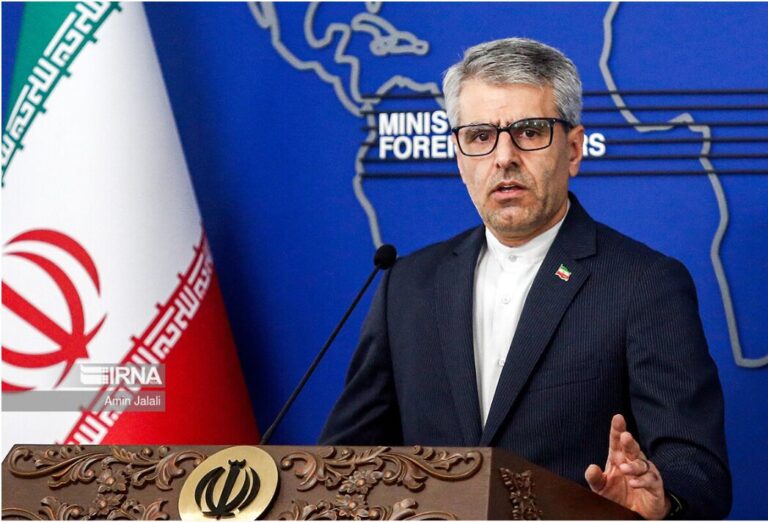
Iran Claims U.S. ICC Sanctions Grant Israel ‘Total’ Immunity for Criminal Actions
Iranian Foreign Ministry spokesperson Esmaeil Baghaei condemned the U.S. sanctions on the International Criminal Court (ICC), claiming they serve to shield Israel from accountability regarding its actions in Palestine. The sanctions followed ICC arrest warrants for Israeli officials linked to alleged war crimes during the Gaza conflict. Baghaei criticized the U.S. for complicity in what he termed Israel’s “colonial erasure” of Palestine and labeled the sanctions a “new low” in U.S. support for an “occupying apartheid regime.” He called for the international community to respond. Meanwhile, 80 countries expressed support for the ICC, which remains committed to justice despite the sanctions.
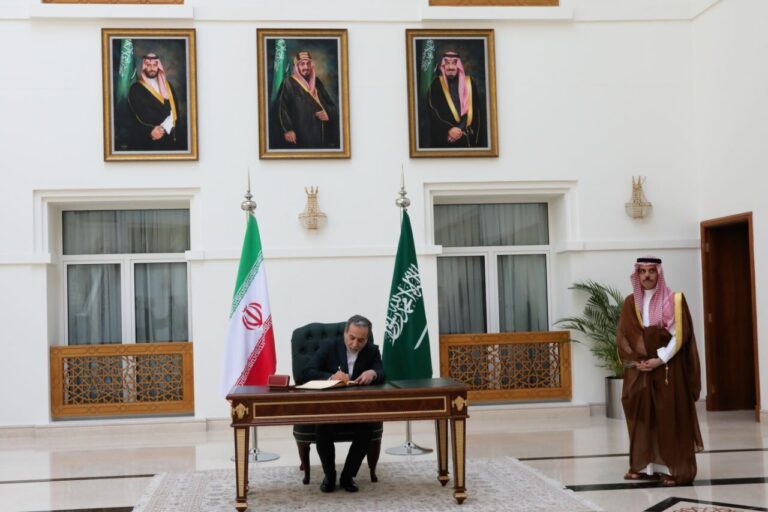
Strategic Talks: Iranian Foreign Minister Araqchi Engages with Saudi Counterpart in Jeddah
Iranian Foreign Minister Abbas Araqchi met with Saudi Arabia’s Faisal bin Farhan Al Saud in Jeddah to discuss important bilateral and regional issues. Their talks focused on strengthening diplomatic relations, enhancing regional security, and fostering international cooperation to address global challenges. Araqchi signed the Ministry of Foreign Affairs’ memorial book, marking the significance of his visit, which included leading a diplomatic delegation for discussions with senior Saudi officials. Later, he is set to travel to Doha for the Iran-Arab World Dialogue Conference, highlighting Iran’s commitment to ongoing regional dialogue and cooperation.
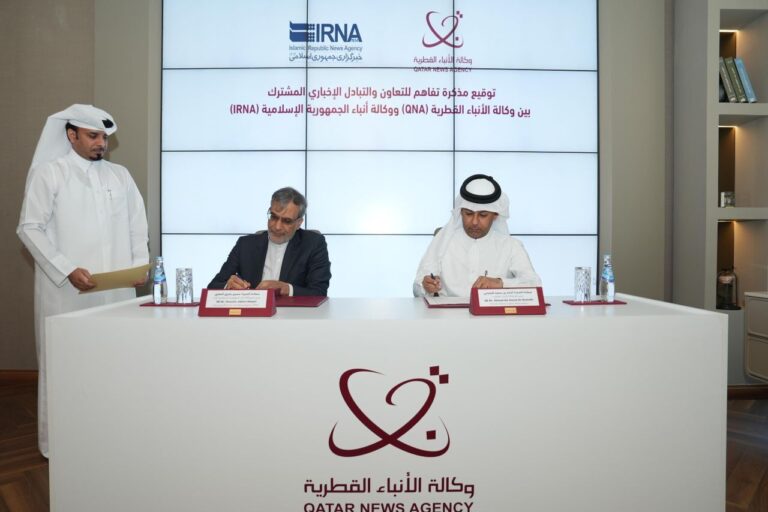
IRNA and Qatar’s QNA Forge Strategic Media Partnership with New MoU Signing
Hossein Jaberi-Ansari, CEO of the Islamic Republic News Agency (IRNA), and Ahmed bin Saeed Al Rumaihi, Director-General of Qatar News Agency (QNA), have signed a memorandum of understanding (MoU) in Doha to enhance media collaboration. The agreement aims to strengthen news-sharing, improve coordination in media affairs, and facilitate the exchange of content between the agencies. It also supports journalists from both nations in each other’s territories. The event, attended by Iranian Ambassador Ali Salehabadi, highlighted strong Tehran-Doha relations and the importance of implementing the MoU. Jaberi-Ansari also toured QNA’s facilities, focusing on education and artificial intelligence projects.
